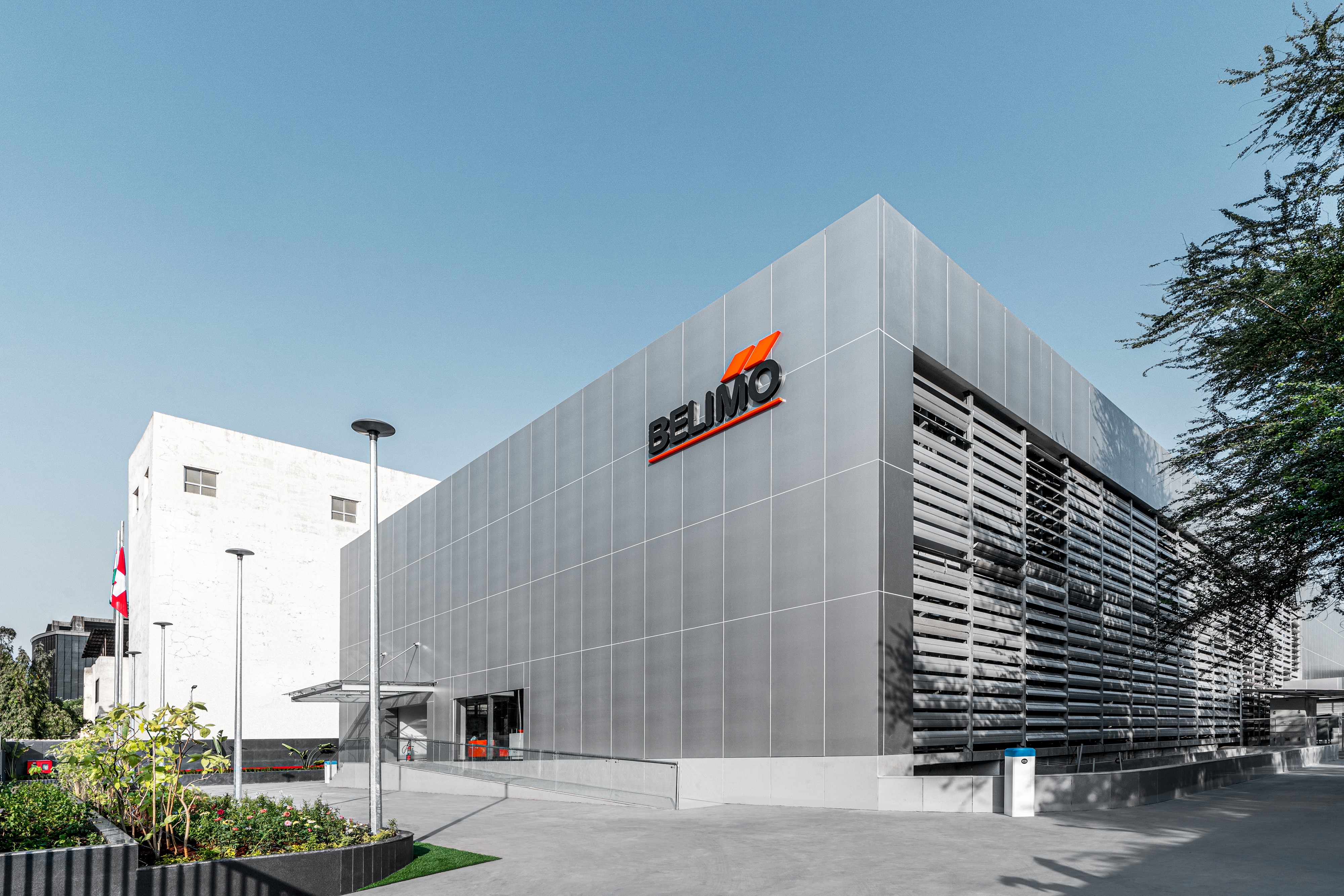Credibility Culture
Skill Development and Knowledge Management
Knowledgeable employees are critical for operational excellence and solution leadership. Belimo supports its employees in developing individual specialist expertise.
Acquiring the necessary knowledge ensures that employees are fully proficient in their tasks and responsibilities. Belimo views properly trained employees as essential for providing customer value. Effectively managing skill development and knowledge also supports our whole workforce in its continuous life-long learning journey.
Strengthening Skill Development and Knowledge Management
The average hours of training per employee have continuously increased since 2019 and reached a new high of 32 hours in 2022:
|
Hours of Training |
|
2022 |
|
2021 |
|
2020 |
|
2019 |
|
|
|
|
|
|
|
|
|
|
|
Average hours of training per FTE |
|
32 |
|
30 |
|
26 |
|
24 |
|
|
|
|
|
|
|
|
|
|
To further strengthen skill development and knowledge management, a new global Head of Learning and Development was hired during the reporting period. The Company has also continued to introduce new online and instructor-led programs to provide varied learning environments for employees.
The “Leadership by Personality” workshop – a three-day leadership course aimed at managers with a focus on company values, strategies, and leadership – was successfully continued during the year under review, with 281 leaders participating in 2022.
The Belimo Leadership Accelerator program was launched in 2021 with eight individuals participating from around the world. This program helps the participants to develop their leadership skills further and helps Belimo to build a pipeline of internal candidates for leadership roles. The 2022 program included various activities such as internal workshops as well as an external training program at the renowned IMD Business School in Lausanne (Switzerland). Initial feedback from the participants has been highly positive, the next class was launched in 2022 with four individuals from the three market regions.
Deliberate management of skill development ensures employees receive the training necessary for succeeding in their roles. Belimo deploys a global training organization with local teams to streamline its educational functions for customers and employees. The Company also provides e-learning content to employees and enables tracking of training and certifications.
Belimo works at all levels with performance and behavioral appraisal systems. These include regular status reports on the achievement of individual goals and employee performance. Personal development planning is outlined and discussed at regular employee reviews, while comprehensive global and local induction programs ensure that new employees are efficiently onboarded and fully grasp their work and the corporate culture at Belimo.
Employee personal development is strongly supported, and Belimo managers regularly complete training courses on leadership skills. All managers complete our three-day “Leadership by Personality” course. This course is conducted in all three market regions and focuses on our Company values, culture, and strategy as well as on the enhancement of leadership skills.
Belimo offers career path planning for managers and specialists and provides financial support for further individual education. Courses for improving employee skills and helping them in their careers include:
- Methodical Competency: Methodical experience includes general knowledge with cross-discipline importance. It comprises the ability to apply the specific learning and working methods necessary for the acquisition and development of expertise. Belimo offers a wide range of courses for developing such abilities, for example, presentation skills, project management, workshop leadership and moderation, introduction to HVAC and building technology, etc.
- Social Competency: Social competencies are key for succeeding in the working environment, as social skills are the basis for working together smoothly. These include fostering empathy, teamwork, and communication readiness. Courses offered to employees cover, for example, effective communication, negotiation and conflict management, intercultural competences, and language classes.
- Leadership Skills: Belimo understands leadership skills as the abilities of individuals to help oversee processes, to guide initiatives and projects and to steer their team members towards the achievement of goals and customer expectations. In addition to the global leadership course “Leadership by Personality”, which is scheduled at regular intervals, other offerings include, for example, the essence of leadership, succeeding as a supervisor, change management, health promotion, or “The Seven Habits of Highly Effective People”.
- Code of Conduct: As a binding guideline for legally compliant and ethically responsible conduct, the Code of Conduct and the anti-bribery and anti-corruption policies define the principles of internal cooperation, conduct in the working environment, and dealings with customers, suppliers, competitors, and other stakeholders. It provides employees, managers, and the Executive Committee with a framework for orientation and raises awareness of legal risks in everyday working life. All employees are regularly trained on the contents via web-based training courses and are required to comply with the principles set out therein. New employees are familiarized with the Code of Conduct during the onboarding process.
- Transition Assistance Programs: In Hinwil (Switzerland), courses are offered as preparation for retirement. Also, Belimo occasionally offers outplacement services in cases where the employer terminates the working relationship.
The following tools are employed to decide which employees should receive training:
- Employee appraisal.
- Competency matrices for assembly workers.
- Career paths.
- Career development plans.
To gauge the success of our approach to skill development and knowledge management, the following key performance indicators are tracked:
- Average hours of training per employee.
- Number of leadership accelerator program alumni.
- Number of “Leadership by Personality” course alumni.
- Expenses for internal and external courses.
- Feedback forms collected after each training session.
- Employee survey results on the topics of skills development and knowledge management.
- Percentage of employees receiving regular performance and career development reviews.
- Percentage of employees who attended the web-based Code of Conduct training course.


